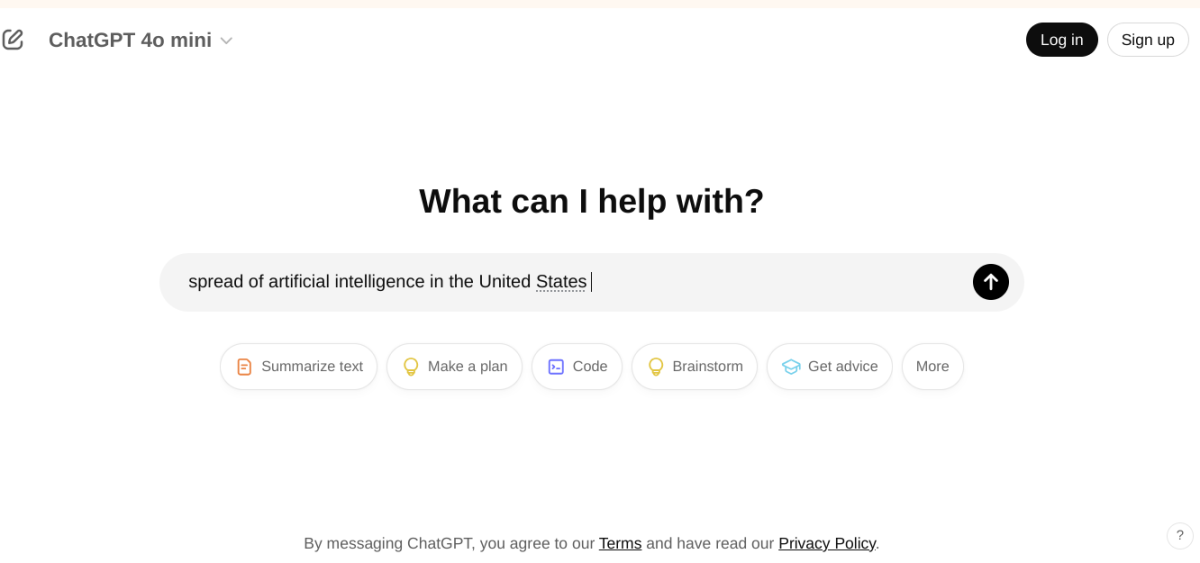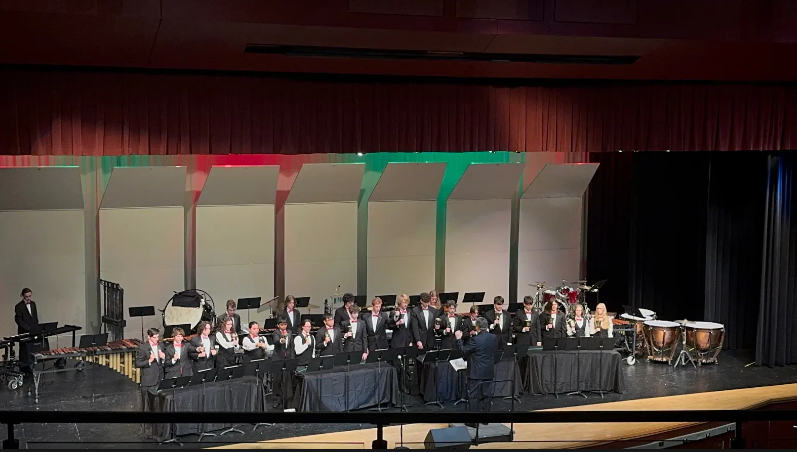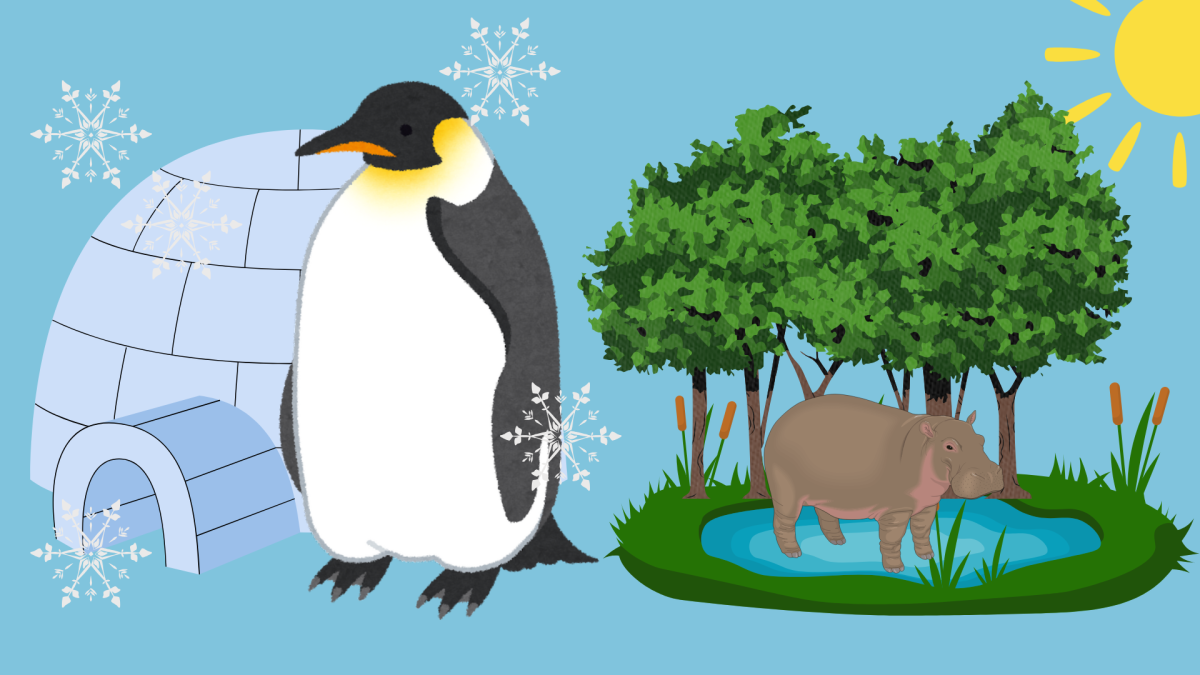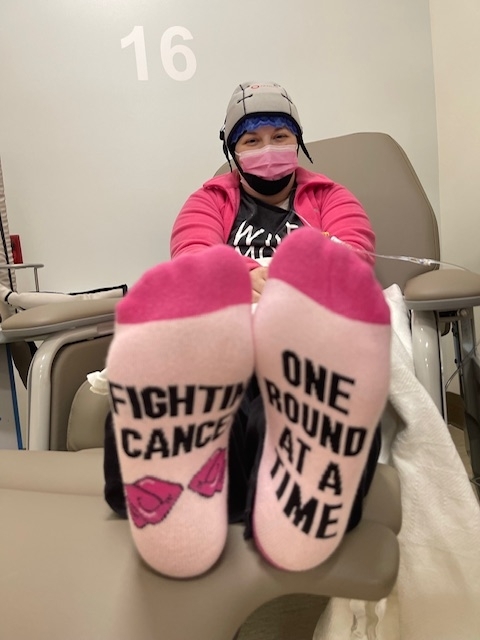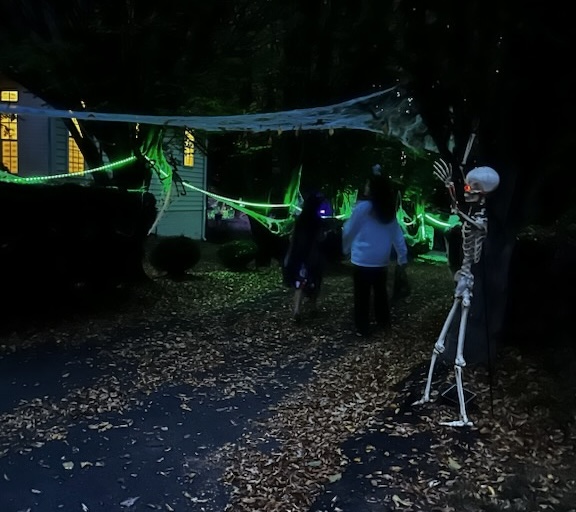Hanukkah is over. What? Christmas hasn’t even begun.
The Hebrew word “Hanukkah” means “to dedicate.” The holiday is a Festival of Lights that begins on the 25th day in the month of Kislev on the Hebrew calendar and lasts for eight days. The Hebrew calendar is used predominantly by the Jewish religion to determine the dates of events. It may be 2013 to most people, but according to the Hebrew calendar, it is 5773! Hanukkah can occur at any time from late November to late December on the traditional Gregorian calendar.
This year, Hanukkah fell especially early, beginning at sundown on Wednesday, November 27th and ending at sundown on Thursday, December 5th. With the second night of Hanukkah falling on Thanksgiving Day, some Jewish Americans referred to the holidays as “Thanksgivukkah.”
Assuming people celebrating Thanksgiving will continue following the Gregorian calendar without modification and the Jewish calendar will continue on its current 19-year cycle, it will be another 70,000 years before an entire day of Hanukkah and Thanksgiving coincide. However, the first day of Hanukkah and Thanksgiving will coincide again in 2070 and 2165.
“[It was] weird [celebrating Hanukkah so early this year],” said junior Moe de La Viez. “I didn’t like it at all. Thanksgiving and Hanukkah don’t mix!”
Hanukkah usually falls within the annual generic winter break, starting just before Christmas and extending through the New Year. Schools do not close specifically for Hanukkah as they do for Jewish Holy Days such as Rosh Hashanah and Yom Kippur.
Ilana Blum, the school counselor for freshmen, grew up Jewish and her grandparents are Holocaust survivors. Now married, Blum raises her children Jewish, but their family celebrates both Hanukkah and Christmas. “Christmas is huge and a lot of people assume Hanukkah is just as big, but it’s not [the Jewish people’s] big holiday,” said Blum.
All over the world, the celebration of Hanukkah mostly takes place in the home, so from family to family traditions vary widely.
The lighting of the Menorah is a Hanukkah tradition that mirrors the miracle at the Second Temple. A Menorah is a ceremonial lamp which consists of nine branches. Each branch holds a Hanukkah candle and the Shamash, or servant candle, is typically raised above or below the rest; it is lit first, and then used to light the others. One candle is lit each night of Hanukkah. It is typical to recite blessings, prayers, or songs during and after the lighting of the Menorah.
“My mom and I just keep it pretty basic. We turn off all the lights and wear kipahs, (hemispherical or platter-shaped caps.) My mom lets me light the candles with the Shamash, but she has always been the one to place it back in the Menorah because I’m scared of wax dripping on me,” said de La Viez.
“We would say prayers and take turns lighting the candles. It was exciting when it was your turn. That’s the same now with my kids,” said Blum.
Because of the close proximity of Christian and Jewish cultures, Hanukkah has become much more Christmas-like. Jewish children receive gifts for Hanukkah and many parents hope that by making Hanukkah extra special their children won’t feel left out of all the Christmas festivities going on around them.
“Usually I get a gift every night after we light the Menorah. I can only get my mom a few nights worth of gifts because I don’t have a lot of money, but it’s still nice,” said de La Viez.
“I had a lot of Jewish friends growing up; I went to public school and Hebrew school. I didn’t feel envious [of the kids who celebrated Christmas.] [Growing up] we got presents. My husband’s not Jewish, but [our kids] get both Hanukkah and Christmas presents. [Celebrating Christmas] is more of our family tradition as opposed to religious,” said Blum.
Playing Dreidel is a popular Hanukkah game. A Dreidel is a four-sided spinning top with Hebrew letters on each of the sides that not only represent actions in the game, but are an acronym for the Hebrew words “Nes Gadol Haya Sham,” meaning, “a great miracle happened there.” Similar to the way chips are used in poker, players use pieces such as coins, or chocolate coins covered with tin foil called “gelt.” The game ends when one person has won all of the pieces. “Gelt” is often distributed to children during the holiday, similar to candy canes during Christmas.
“We play Dreidel, but we don’t use ‘gelt;’ we use M&M’s. We had the neighbors over one day and taught them how to play,” said Blum.
“I Have a Little Dreidel” is a short English song played and sung by children during Hanukkah. The song, also known as “The Dreidel Song,” is about making a Dreidel and playing with it. The comedy show South Park aired several episodes where they sang their version of the song.
Christmas songs, Christmas specials on TV, and Christmas movies are a phenomenon around Christmas time aired to Christians and non-Christians alike.
“[Hanukkah] doesn’t get as much recognition in the media,” said de La Viez. “If anything, it seems to get made fun of.”
Comedian and actor Adam Sandler wrote a humorous song called “The Chanukah Song” with Saturday Night Live writers Lewis Morton and Ian Maxtone-Graham. The song begins with Sandler speaking, “…there’s a lot of Christmas songs out there, but not too many about Hanukkah, so I wrote a song for all those nice little Jewish kids who don’t get to hear any Hanukkah songs…” Sandler performed the song on Saturday Night Live in December of 1994 and it can now be bought on iTunes.
A YouTube group called The Maccabeats is a band that changes American pop songs to Jewish songs.
“It’s cute,” said Blum who describes herself as “dorky” for liking them. “It makes it cool to be Jewish. My kids and their friends like them.”
Though it is not an annual special, the child show Rugrats aired an episode called A Rugrats Chanukkah where characters used their imagination to travel to a Jewish kingdom. Little Fockers, is a 2010 comedy film featuring a mixed-marriage family celebrating both Hanukkah and Christmas. Similar to this year’s “Thanksgivukkah,” families who celebrate both Hanukkah and Christmas traditionally refer to the holiday season as “Christmukkah.”
Because of the oil that lasted eight days, it is tradition to eat foods cooked in oil on Hanukkah. According to an article about Hanukkah traditions on My Jewish Learning, latkes, or potato pancakes, and sufganiyot, or jelly donuts, are the most popular of these foods.
This year, many Jewish Americans gathered with family on Thanksgiving to celebrate both holidays at once. This meant that Thanksgiving turkey became a part of many Hanukkah dinners.
“My favorite part about it is the food,” said senior Noah Hartmark.
“At all the Jewish holidays, you always eat. We always have latkes with sour cream or applesauce on them,” said Blum. “It ‘smells up’ your whole house.”
De La Viez says she “usually [goes to her] Congregation’s Hanukkah party and they make a lot of latkes.” “This year, I made some latkes for my family and I must say they rocked,” said de La Viez.
When it comes to religion, a person cannot be both Jewish and Christian, but children with only one Jewish parent sometimes consider themselves “half-Jewish” when it comes to culture.



